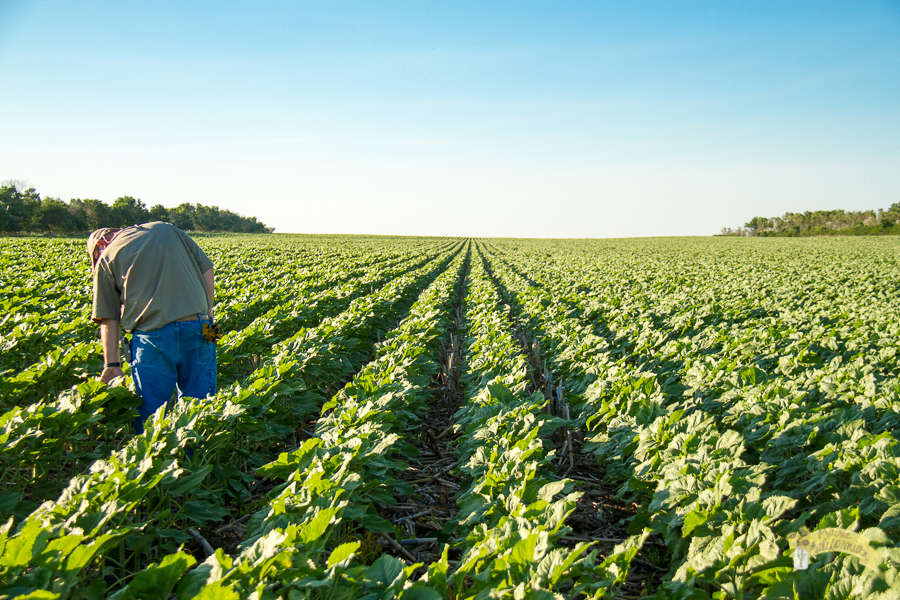
What on earth is an agronomist?
An agronomist is an expert who applies scientific knowledge and methods into the management and creation of crops. Agronomists get the job done in a variety of settings, from farms and ranches to governing administration agencies and personal businesses. They may function in research laboratories or instruct at colleges and universities.
Most agronomists have at the very least a bachelor's diploma in agronomy or possibly a related subject, such as agricultural science or soil science. A lot of agronomists also have master's degrees or doctorates. The exact nature of the agronomist's job will depend on his or her specialty and employer.
Agronomists Perform a significant function in guaranteeing that crops are healthier and productive. They use their familiarity with plant science to establish ways to click here boost crop production, fight pests and diseases, and conserve water together with other resources.
The role of an agronomist
is to help the earth meet its developing food generation requirements. According to the U.S. Bureau of Labor Figures (BLS), work for agronomists is predicted to increase quicker than average, click here with openings resulting from advancement and replacement needs.
The work of an agronomist
is challenging and gratifying, with agronomists typically getting involved with analysis and schooling.
The education of an agronomist
Agronomists require at the least a bachelor's diploma in agronomy or linked subject from an accredited uni.
The way forward for agronomy
Agronomists help to ensure that the world's population has sufficient foods, and so they function to enhance crop yields and lessen agriculture's effect on the natural environment. The BLS states that agronomists are in demand, but Competitiveness for Employment is likely to be strong.
Conclusion
Agronomists are concerned with the study of crops, they usually do the job in many different fields, from agricultural investigation to boosting crops. Agronomists are necessary to make certain that crops are produced for consumption, but they also help produce biofuels as well as other plant-based products.